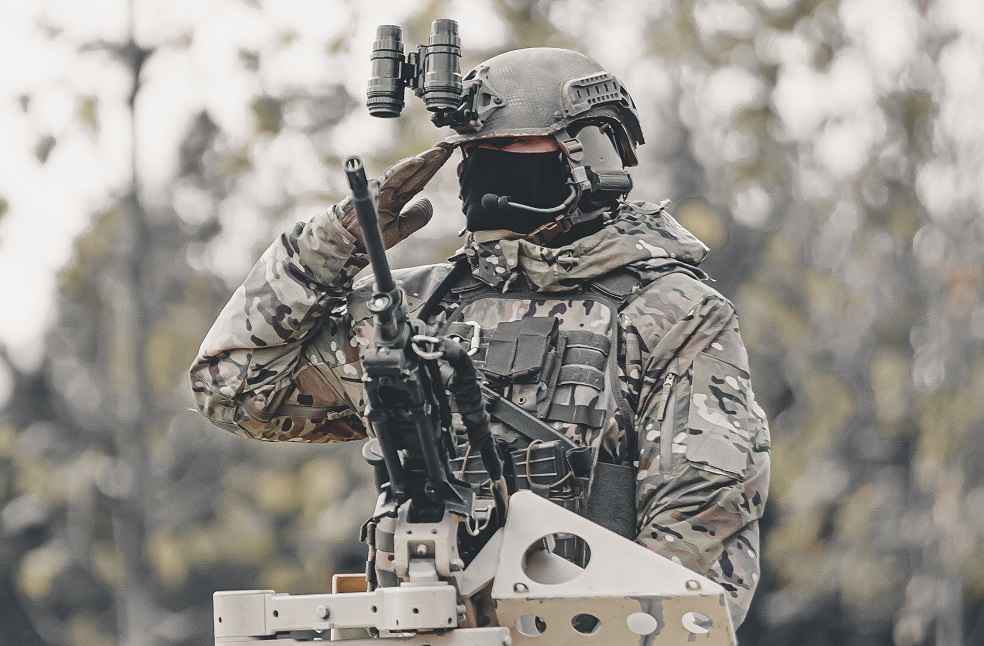China’s arms trade, orchestrated by the Chinese Communist Party (CCP), has evolved into a strategic instrument for expanding authoritarian influence, threatening global democracy and regional stability. Far from being a mere commercial venture, China’s weapons exports serve as a geopolitical tool, enabling authoritarian regimes and destabilising regions to advance its global ambitions.
Data from the Stockholm International Peace Research Institute positions China as the world’s fourth-largest arms exporter, contributing 5.8% of global arms sales between 2019 and 2023. However, these figures obscure the CCP’s use of arms sales as a means to exert diplomatic pressure and reshape political dynamics.

In Myanmar, China has provided advanced weaponry, including FTC-2000G fighter jets, to the military junta, even as the regime faces widespread resistance and severe human rights violations. These arms have enabled devastating airstrikes against ethnic minorities, directly benefiting China’s strategic interests in the region.
In Africa, China’s approach combines military support with ideological influence. At the 2024 Forum on China–Africa Cooperation Summit, Beijing pledged $50 billion over three years, including $140 million for security initiatives. This funding supports the training of thousands of military and law enforcement personnel in China’s authoritarian governance model, further undermining democratic institutions on the continent.
Recognising the CCP’s ambitions, the United States has implemented countermeasures, including sanctions on Chinese defence firms and restrictions on advanced chip access. Future measures, potentially under a new administration, aim to curtail China’s military diplomacy and mitigate its destabilising impact on global security.

China’s arms trade extends beyond financial gain. Each sale represents a calculated move to foster dependencies, influence political systems, and destabilise regions, creating environments conducive to authoritarian governance. These actions align with a broader strategy of neo-colonial manipulation, where China engineers instability to assert control and embed its influence.
The international community must confront China’s arms trade strategy as a direct threat to democratic governance and regional stability. Each weapon sold not only strengthens authoritarian regimes but also undermines the international rules-based order and endangers human rights.
GLOBAL ROUNDUP | China-GCC Trade to Hit $1.9 Trillion by 2035 with Stronger Ties



